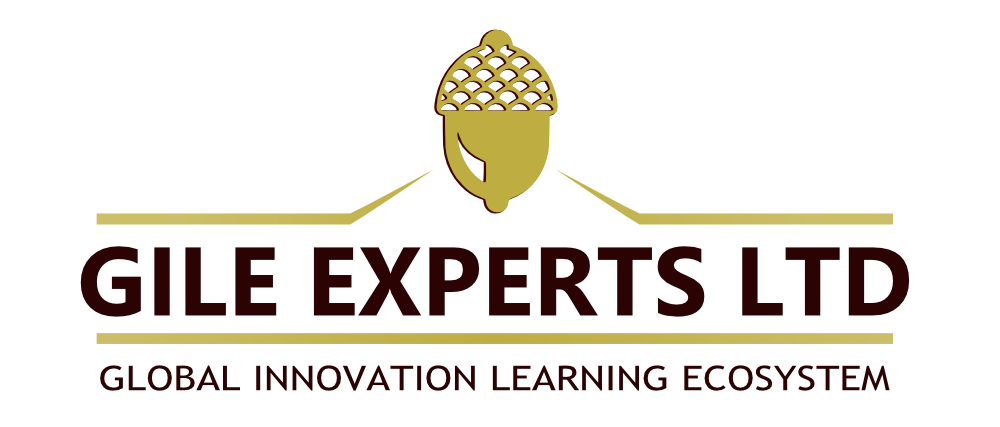Expenditure on education does not necessarily equate to a better quality education…
According to Tibor Navracsics, EU Commissioner for Education, Culture, Youth and Sport: “Europe’s education systems can play a crucial role in helping us tackle important issues like persistent youth unemployment and slow economic growth, as well as new challenges such as the refugee crisis. But education will only play its part if it delivers good results. Today more than ever we need to ensure that education enables young people to become active, independent citizens and find fulfilling work. This is not only a question of securing sustained growth and innovation. It is a question of fairness” (European Commission – Press release, Brussels, 7 November 2016).
GILE experts (2016) believe, that education affects entrepreneurship and economic growth via a set of factors, such as capabilities (competences necessary for entrepreneurial ventures and employment), innovation (percentage of businesses with innovative products/ services, patents), as well as the creativity in marketing strategies/ identification of good opportunities. These factors are often neglected by scholars and politicians, as the main focus is on employment, wages, and productivity. According to Lauzikas and Miliute (2016), entrepreneurial intentions and activities, as well as employment opportunities will be marked by some indirect education effects, such as cultural and social norms, competitiveness, fear of failure, R&D transfer, social image of entrepreneurs (status, career choice), and many others.
Based on 2016 edition of the Education and Training Monitor, public expenditure on education has started growing again in the EU (1.1% annually in 2014): some countries showed the increase in expenditure on education greater than 5% (Bulgaria, Hungary, Latvia, Malta, Romania and Slovakia); however, ten Member States reduced their spending on education in 2014 compared to 2013 (Austria, Belgium, Croatia, Cyprus, Estonia, Finland, Greece, Italy, Lithuania, and Slovenia).
GILE Experts (2016) classify migration effects on education into two categories: decrease in number of students due to the brain drain issue in such countries as Latvia, Lithuania, and Poland; pressure on national education systems to become more inclusive to better integrate refugees and immigrants. Both will require increasing expenditure on education; however; we should not underestimate the quality of education: such factors as education competitiveness (for instance, GEM NES evaluation of education 2015), the investment in the R&D, and the number of start-ups deriving from education institutions should be examined. These factors will influence the market openness and market dynamics, as well as the innovation performance of a country in the longer run.
More information could be found on: http://europa.eu/rapid/press-release_IP-16-3577_en.htm

